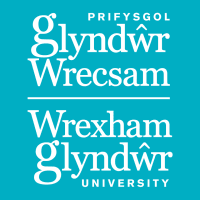Parcourez des milliers de formations de l'enseignement de premier cycle du monde entier.
Que voulez-vous étudier ?
Où voulez-vous étudier ?
Ou alors
Parcourir les domaines d'étudesCommencez votre parcours éducatif ici
Découvrir
Parcourir des milliers de diplômes du monde entier
Comparer
Voir les programmes côte à côte pour trouver celui qui vous convient
Relier
Contactez directement les bureaux d'admission des écoles
Tout passer disciplines
Découvrez les programmes par discipline
Études de commerce
Études technologiques
Études d'ingénierie
Études économiques
Sciences naturelles
Sciences humaines
Sciences sociales
Journalisme et communication de masse
Études de gestion
Soins de santé
Où étudier
Voir tous les emplacementsBelgique
Belgique
Chine
Chine
République tchèque
République tchèque
France
France
Japon
Japon
Afrique du Sud
Afrique du Sud
Espagne
Espagne
Royaume-Uni
Royaume-Uni
États-Unis Mexicains
États-Unis Mexicains





